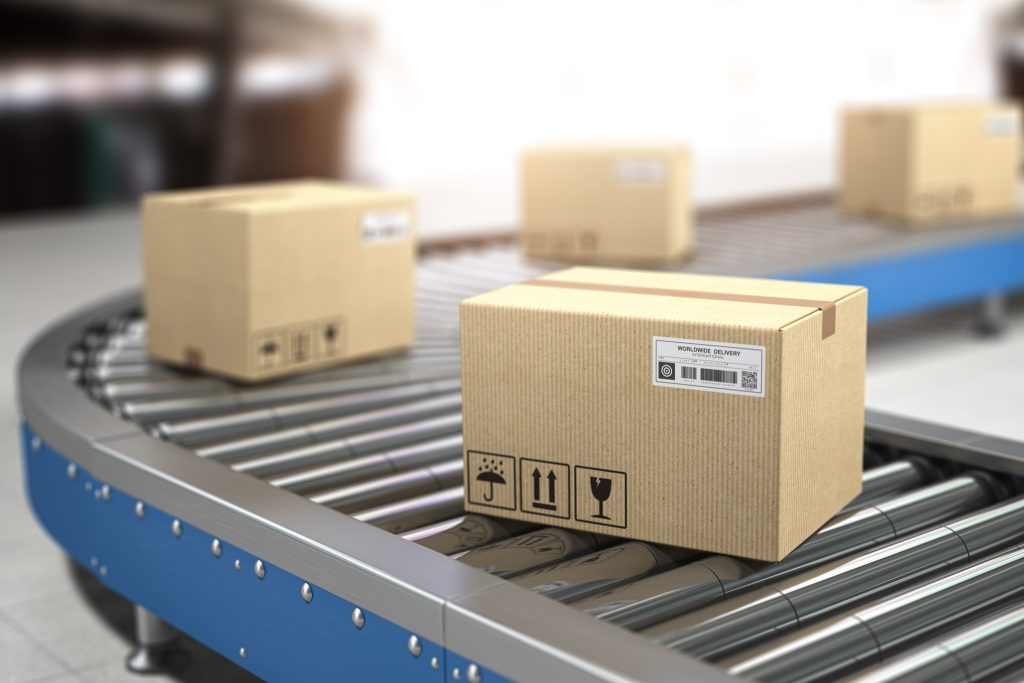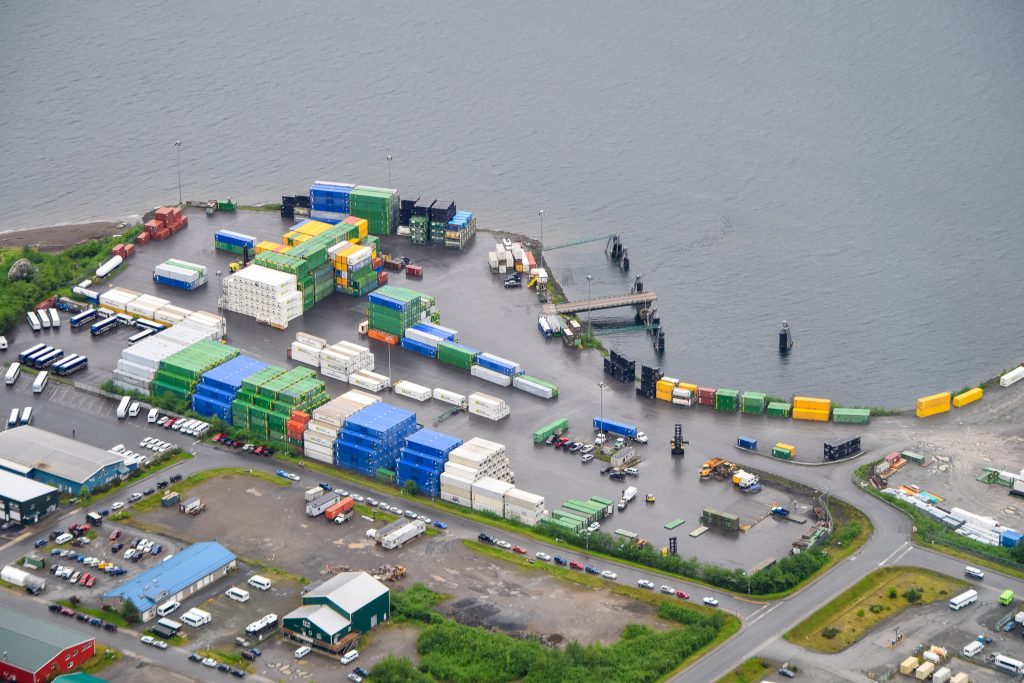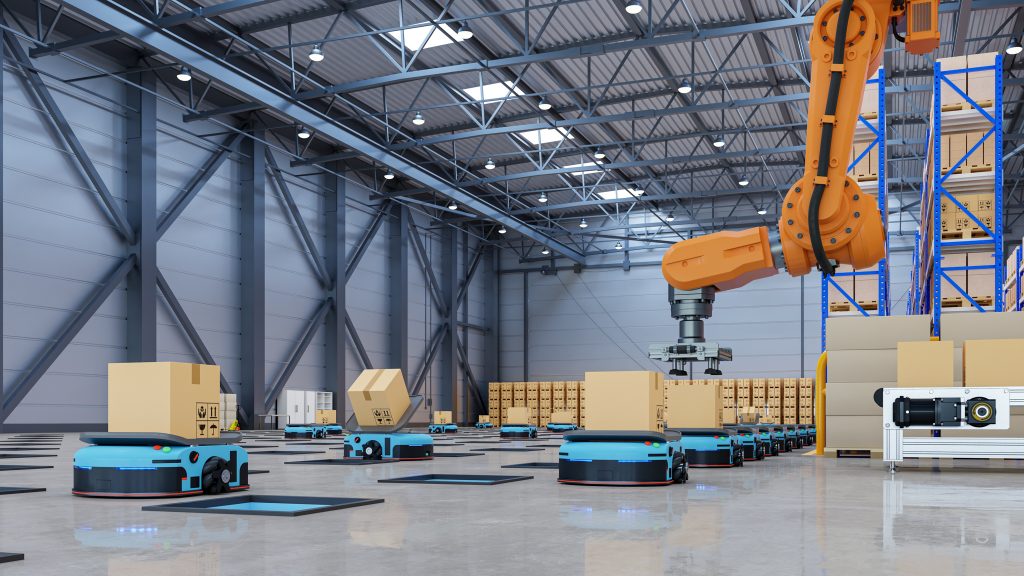If there’s one thing the pandemic taught us, it’s the convenience of being able to shop for just about everything online. From groceries to clothes and fitness equipment to appliances and more, consumers have embraced online shopping, causing online e-commerce sales to soar into the next stratosphere. In hard numbers, Canadian online sales topped an astounding $3.3B in October 2021. Furthermore, even when stores reopened, consumers continued to shop online. With e-commerce predicted to surpass in-person shopping as early as 2024, and 73% of consumers reporting the delivery experience as being key, it is incumbent on delivery providers to be able to manage the delivery surge. One of the critical factors to e-commerce success is last-mile delivery. If you’re outsourcing deliveries, here are 6 non-negotiables to demand of your last-mile delivery partner.
- Deliver at warp speed.
Over 98% of consumers said shipping impacted their brand loyalty. Industry giants like Amazon, Alibaba, and Walmart are raising consumer expectations with sky-high delivery benchmarks, so that today’s consumers expect a two-hour delivery window or less. Meanwhile, the rest of the e-commerce industry is struggling to keep up. In rural areas where deliveries are inefficiently spaced out and in urban areas where traffic congestion presents an obstacle of a different kind, delivery windows can be challenging. While driverless vehicles and drones may solve this in the future, for now, last-mile delivery companies need to have access to a large, versatile fleet and a sophisticated logistics infrastructure to react to challenging circumstances.
2. Deliver cost-efficiently.
Between fuel, vehicle and labour costs, the price of last-mile delivery really adds up. In fact, final mile logistics account for 53% of the total shipping cost. With many companies offering free deliveries to customers, that puts even more pressure on the e-commerce company to minimize delivery costs to stay competitive. Furthermore, companies need to be able to efficiently manage less-than-full truckloads, spaced out urban deliveries and small drops — all of which impact costs. Last-mile delivery companies need sophisticated logistics to optimize routing and a large warehouse network to shorten the distance to the end customer.
3. Have strategically-located warehouses.
The closer a fulfilment centre is to the end consumer, the easier it is to reduce delivery times and costs. A large network of warehouses is key to delivering on a national basis — but these need to be located near end customers. Therefore, well-located warehouses can expedite final mile logistics and fulfil same-day orders. Little wonder why Walmart is currently building micro-warehouses near their stores. Last-mile companies with warehouse networks that cover the country will be in the best position to succeed.
4. Centralize last-mile logistics data.
Staying on top of inventory availability and shipping deadlines and managing inefficiencies and unexpected delays in real-time is key to delivery. Yet this is challenging to do when data is being compiled from different sources. The supply chain works most efficiently when it is one unbroken, end-to-end chain. Last mile companies with centralized logistics receive information faster, enabling companies to take action more quickly.
5. Offer different service levels so end consumers have choice.
A study showed that consumers are willing to pay a premium for same-day or guaranteed delivery. Furthermore, the success of offerings like Doorstep Delivery, Threshold Delivery, Room of Choice Delivery and White Glove Service further shows that consumers are open to paying for customized services. Last mile delivery providers offering these options provides added value to e-commerce customers, while providing e-companies with additional revenue streams.
6. Real-time tracking and 100% transparency.
Today’s customers don’t just expect speedy delivery, they also expect to know where their package is at every point in the delivery chain. In other words, last mile delivery companies must have the logistics in place to be able to track items in warehouses, items in trucks and drivers on roads. Last mile deliverers must have barcoding technology, GPS tracking, route planning software and tracking software to give customers visibility into their deliveries.
Today’s e-commerce companies are using a variety of delivery solutions to meet consumer demands. Several of the giants — including Walmart and Amazon— are delivering to urban lockers and having end consumers complete the last leg of delivery. Many grocery companies have found solutions by outsourcing to third parties like Instacart. Still others are pairing with companies that already have a deep footing in the delivery business. For instance, many Canadian companies are leveraging Encore Home Delivery’s huge fleet and sophisticated logistics provided by backer AMJ Campbell, Canada’s largest coast-to-coast moving company. While the delivery solutions themselves will continue to evolve, the key to any e-commerce company’s success will depend on finding a last-mile solution that delivers on the 6 non-negotiables listed above.



 Who We Are
Who We Are
 Our Advantages
Our Advantages
 Case Study
Case Study





